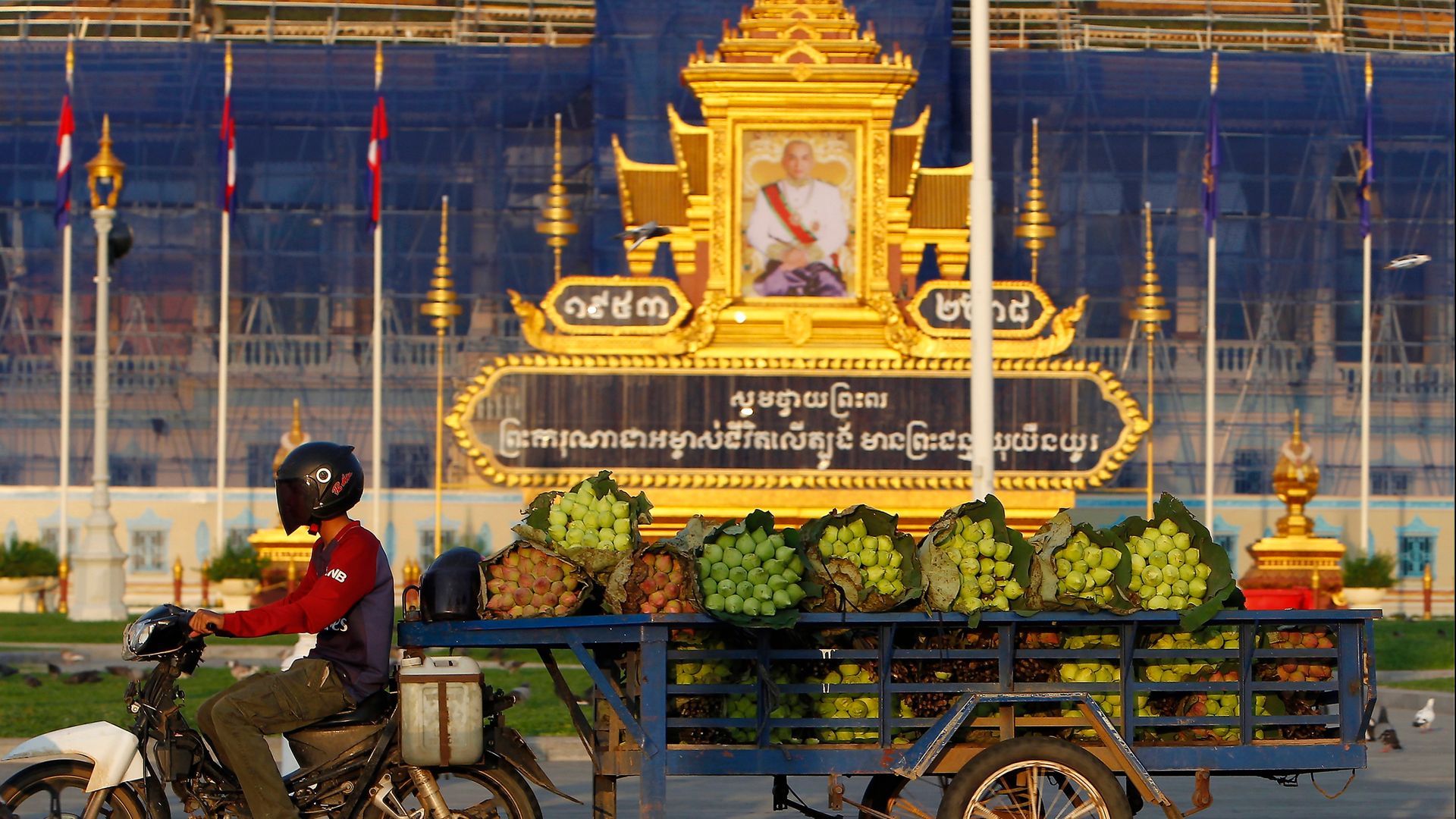Thirteen women have been sentenced to four years for acting as surrogates in a ring selling babies for cash in Cambodia.
The women, all from the Philippines, were found guilty of selling, buying or exchanging a person for cross-border transfer, the Kandal Provincial Court said on Monday, as they planned to sell their babies to foreign clients.
Two years of each sentence were suspended, meaning they won’t have to be served unless the women are found guilty of another crime.
The sentencing came after police found 20 Filipinos and four Vietnamese women when they raided a villa in Kandal province, near the capital Phnom Penh, in late September.
Anyone who wasn’t pregnant was deported, leaving the 13 women who have now been sentenced.
The women were placed under care at a hospital at the time, but warned by the authorities that they would be prosecuted after giving birth.
Court spokesperson So Sarin has refused to comment on whether any of the women are still pregnant, or what will happen to the children.
‘They fall in love with me’: Inside the fraud factories driving the online scam boom
Mech Dara, reporter who exposed human trafficking in cyber scamming, arrested in Cambodia, rights groups say
British family sent wrong body after son dies in Cambodia
Read more:
Property tycoon loses appeal against her death sentence
French government heading towards collapse
Cambodia’s interior ministry said in October it had not identified the ringleaders, but added it believed the pregnant women conspired with the organisers, rather than falling victim to them.
Be the first to get Breaking News
Install the Sky News app for free
He said the women can appeal against the verdict.
Developing countries such as Cambodia have been popular for surrogacy because costs are much lower compared to developed countries like the United States and Australia, where surrogate services can cost the equivalent of around £120,000.
Cambodia, which the US says does not meet the minimum expected standards for the elimination of human trafficking, updated its laws in 2016 to ban commercial surrogacy.










